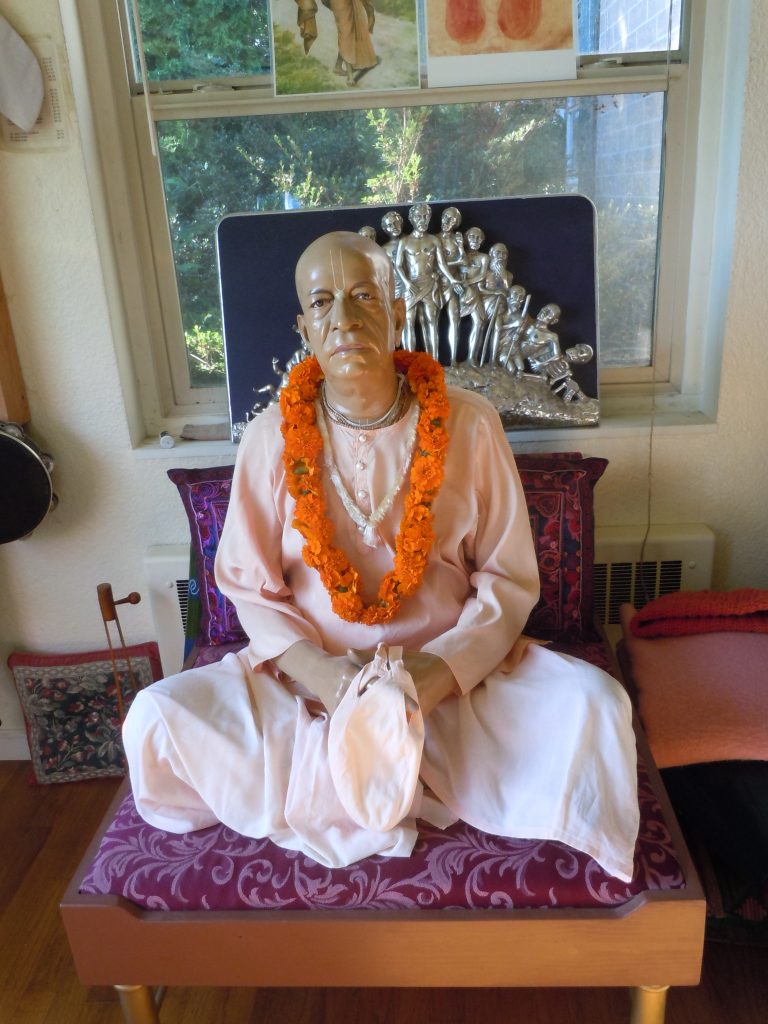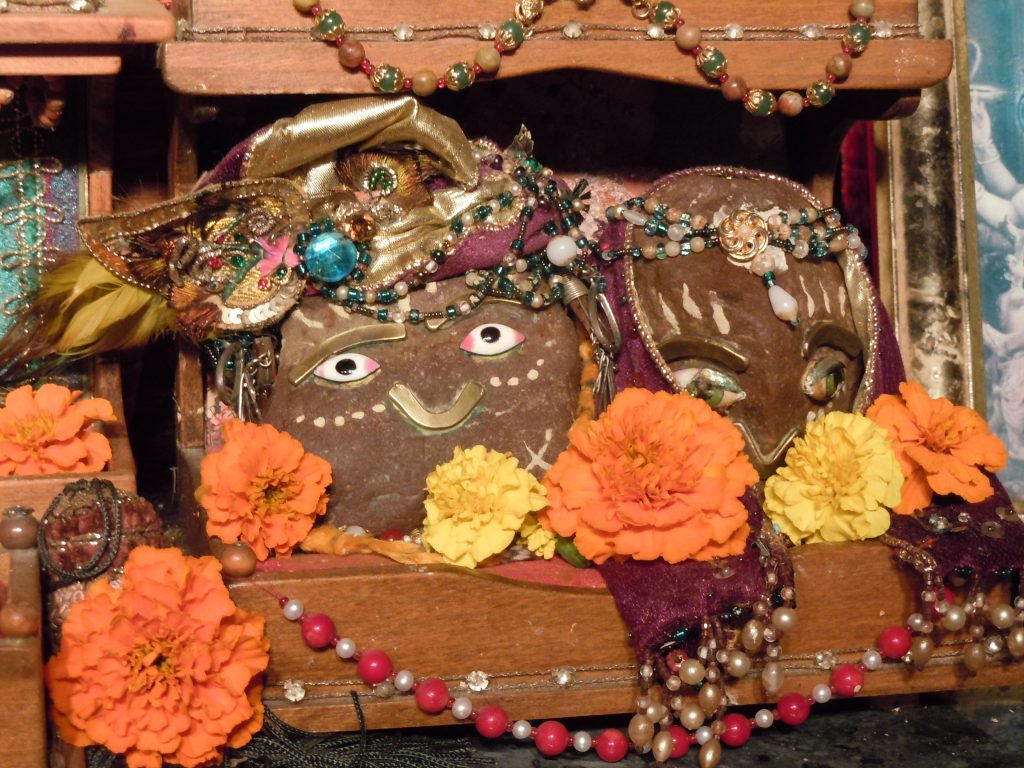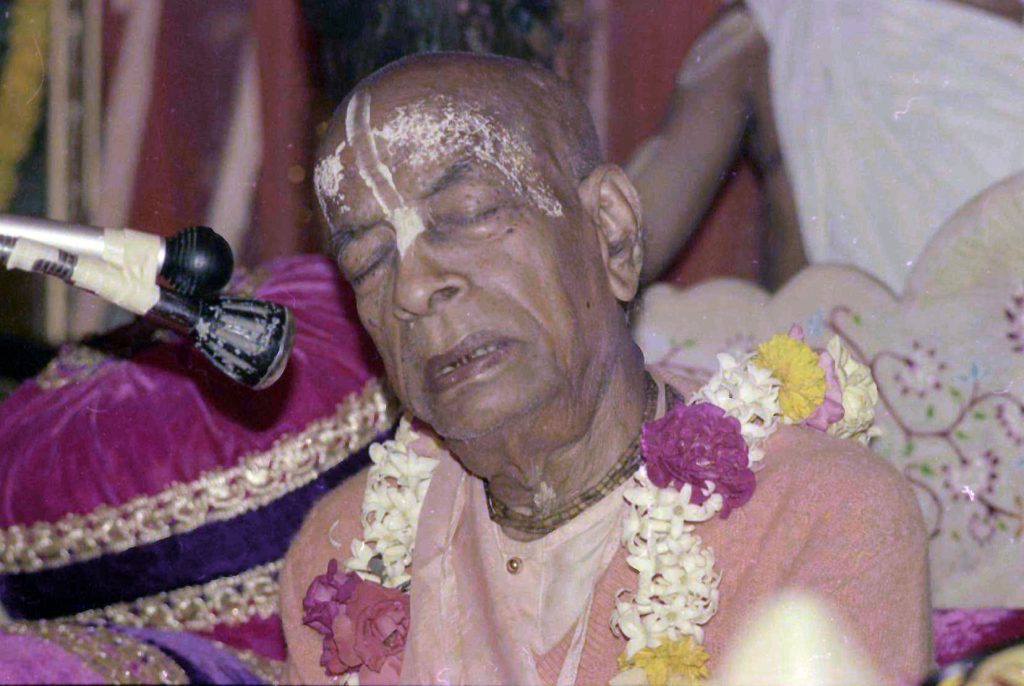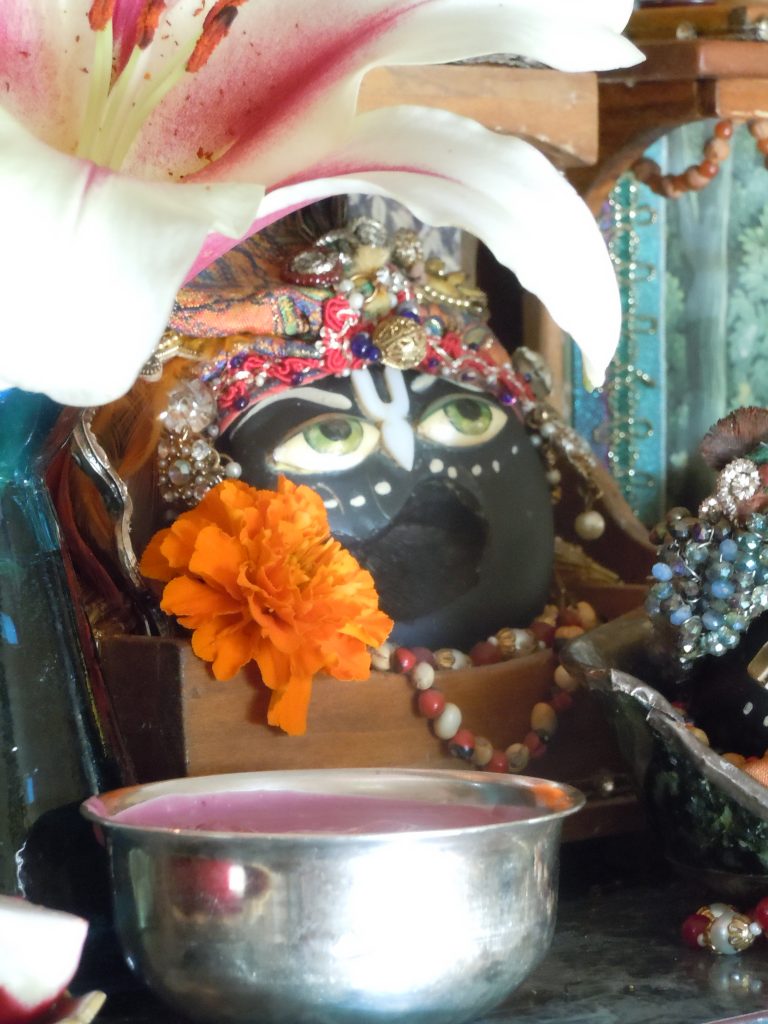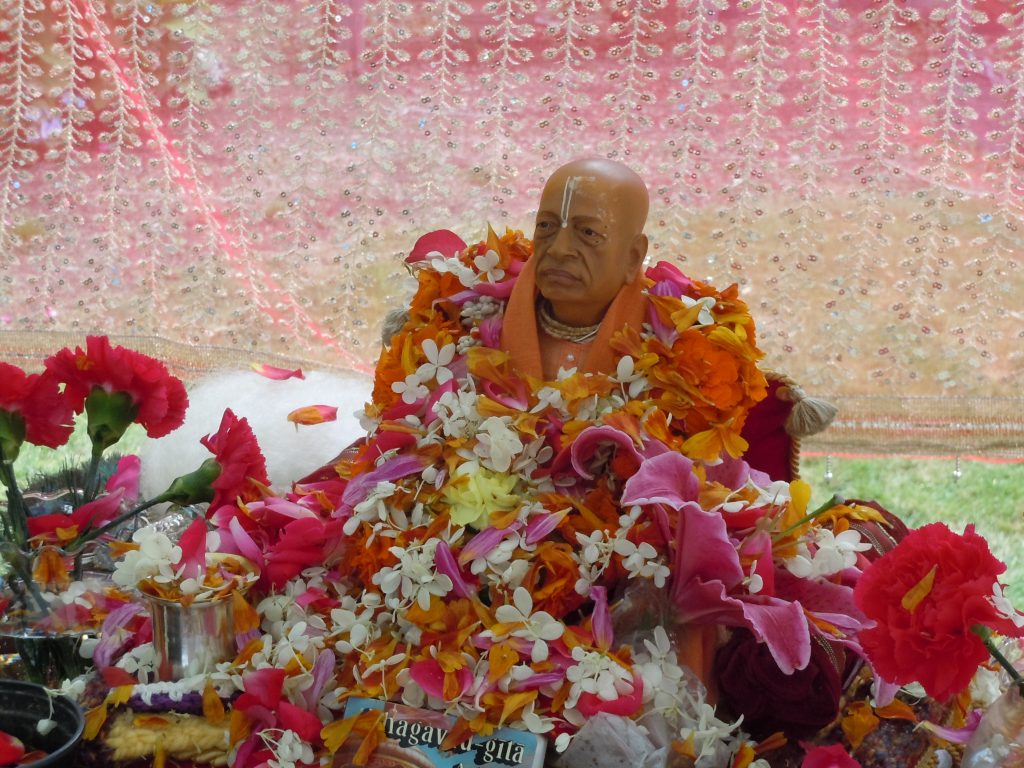- November 18, 2020Nov 6 1976 Vrndavana"All living bodies subsist on food grains, which are produced from rains. Rains are produced by performance…
- November 16, 2020Dear Prabhus, Hare KrishnaPlease accept my humble obeisances.All glories to Srila Prabhupada. Hope you are all well. Here are some…

Under the guidance, inspiration and authority of
His Divine Grace A.C. Bhaktivedanta Swami Prabhupada
Founder-Acharya of the Krishna Consciousness Movement
Srila Prabhupada: “I wish that each and every branch shall keep their separate identity and cooperate keeping the acharya in the center. On this principle we can open any number of branches all over the world. (Letter, February 11, 1967)
